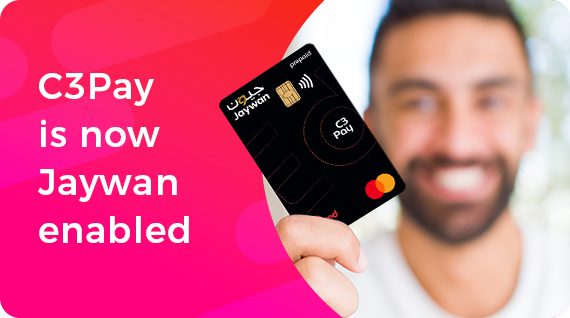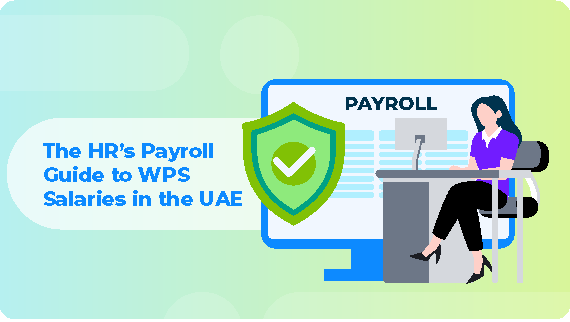Just 15 years ago, immigrant workers in the United Arab Emirates were largely excluded from modern finance. Often paid in cash, they were vulnerable to financial exploitation and left on the outskirts of society. Thanks to a UAE government law enacted in 2008 (the Wage Protection system) and the efforts of organizations advocating for better work conditions, that situation has started to shift. Edenred in the UAE is proud to serve 2 million unbanked or underbanked workers who now have access to modern, digital financial services.
Small steps with big results
There’s a great story in the book The Psychology of Money* about Ronald Read, an American janitor and gas station attendant who amassed an $8 million fortune over his lifetime. How did he do this on a meager salary? He had the discipline and the foresight to spend carefully, invest a portion of his salary every paycheck, and let those investments grow over time.
At Edenred, we want to see everyone have the opportunity to make the most of their money. A huge part of the challenge here in the UAE involves teaching the sort of simple personal financial practices that can make a huge difference to an individual over the long term.
Workers are recruited from their home countries by UAE-based companies in different sectors—especially the construction and security industries. The hiring company provides immigration documents, accommodations, a salary, and health insurance.
The vast majority of those we work with in the region have a smartphone (only 0.06% of our customer care requests are related to non-access of smartphones), and many are young and comfortable using new tech. Yet even with access to modern financial tools, there’s still a very strong preference for cash. Right now, 84% of the money credited to cards is withdrawn at ATMs. So it’s not just about access—it has to also be about education.
Most immigrants are low-income workers, but it’s all relative. Wages in the UAE are often double what they could get in their home country. When you listen to the stories of the workers who use our services, they’re all about sending money back home. 60-70% of income is sent back to family in the home country, often for investing in homes and generally giving their families a better life.
Better protections, more inclusion
UAE immigrant workers’ rights took a leap forward in 2008 when a law was passed implementing the Wages Protection System, or WPS. Since the law’s enforcement, salaries now must be paid digitally to ensure they are being paid, on time and the right amount. In addition, overtime is limited and must be paid at higher rates. Resolutions passed in 2009 and 2013 also mandated health insurance and providing accommodations to workers earning salaries below AED 1,500.
These are major improvements, but there were certain complications. Approximately 62% of the UAE working population doesn’t meet the requirements to open bank accounts, for example. When the WPS law passed, payroll card services company C3 Card was created to bridge that gap and provide financial services to the unbanked. In 2015, Edenred acquired a 50% stake in the company, and the remaining 50% in 2018.
Today, thanks to our efforts, there are 2 million people in the UAE who have access to digital funds through Edenred. Their salaries are loaded on our Edenred card (Mastercard) and have access to our app to help manage their finances. That kind of financial inclusion is crucial for social integration, and for giving people a standing within the country’s economy. It’s key to being able to save or get loans for education or real estate. These tools are an essential factor for people to be able to do more with their money.
The biggest challenge we face is that giving people access to tools is not the same as getting them to use them. We’ve made a series of video tutorials to increase knowledge and make the app as easy as possible to use. We can see from our engagement metrics what’s working there and fine-tune our approach. Now we’ve moved beyond simple videos on how to use the app, and we’re working on increasing customers’ motivation to use it. Our “Champions” Instagram series, for example, highlights stories of actual users, creating a sense of community and pride.
What’s next
At Edenred UAE, we have a lot of work we still want to do. We act as an advocate for our customers, working to close existing legal loopholes and push for stronger labor laws. We’re also looking at ways to support better living conditions and financial stability for migrant workers. This requires going beyond what we currently do and trying to work with the government to improve the overall set of policies implemented for migrant workers, surrounding unemployment insurance, end-of-service, on-time salary payments, etc.
We want to help the unbanked save potentially via savings accounts, including the ability to earn interest on savings. We’re also exploring how to leverage the data we collect in order to create a one-of-a-kind “credit score” for the unbanked, allowing them to potentially access credit services. And we’ll continue to focus on ways to educate our customers on personal finance. It’s about teaching those basics and showing people how smart financial decisions can add up over time into extraordinary results.
*The Psychology of Money: Timeless lessons on wealth, greed, and happiness, by Morgan Housel, Harriman House (2020).
➡️ Published on Linkedin by Chloé Perrin-Macgaw in Oct 2023





